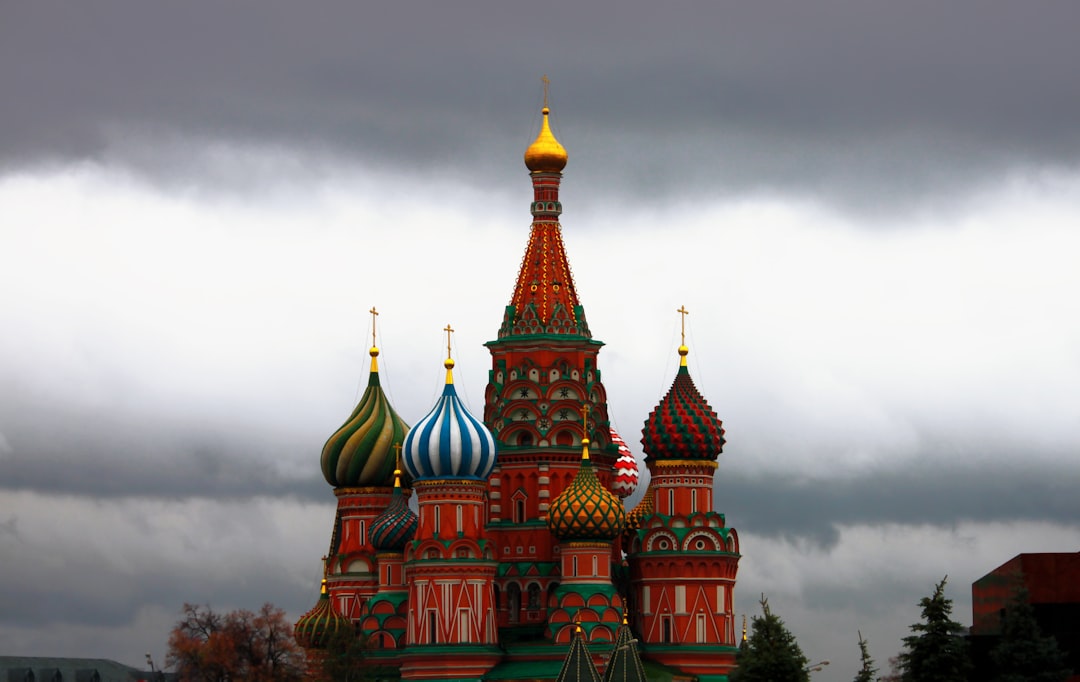Is today the moment the world’s top diplomatic body comes together in a collective call for a ceasefire in Gaza? Or will messy, discombobulating and cynical geopolitics get in the way? Will Russia vote for an American resolution?
At 9am New York time (1pm UK time) the United Nations Security Council will vote on a resolution calling for a ceasefire between Israel and Hamas.
Déjà vu? Yes. We’ve been here several times before. Resolutions over the past few months have used different constructions of the same sentences by different countries to find a form of word upon which all sides can agree.
Every time, the United States has been the blocker, vetoing calls for ceasefires because it argued they would only benefit Hamas.
A shift in language
This resolution is different. It was penned by America using its strongest language to date.
The language in the latest circulated draft of the resolution is key. It “…determines the imperative of an immediate and sustained ceasefire to protect civilians on all sides, allow for the delivery of essential humanitarian assistance, and alleviate humanitarian suffering, and towards that end unequivocally supports ongoing international diplomatic efforts to secure such a ceasefire in connection with the release of all remaining hostages”.
Words like “imperative”, “immediate”, “sustained” and “in connection” are vital and do a lot of work in terms of how the text as a whole is received and the success it has in passing.
For America to use “immediate” is significant because it’s a first.
Beyond that, in the context of the hostages, by adding “towards that end” and “in connection with” prior to mentioning the release of all the hostages, the new text loosens the previously tight linkage between an immediate ceasefire and hostage releases. There is ambiguity over whether the ceasefire is conditional on the release of all the hostages. In UN texts, ambiguity can be intentional and helpful.
The evolution of this US resolution has happened over several weeks during which America’s diplomats in New York have reluctantly hardened the language in consultation with other members.
A key issue, as ever in this Gaza ceasefire resolution quest, has been the issue of condemning Hamas without condemning Israel – a red line for Arab bloc in the Security Council.
They highlight that the Israel-Palestinian hostilities didn’t begin with the 7 October Hamas attack and they insist on condemnation of Israel’s actions since the incursion.
Another issue in early drafts of the text had been the much-talked-about Israeli-planned assault on Rafah.
Initial American language had said that moving into Rafah could be OK in certain circumstances. Again, this is an issue for the Arab bloc.
Read more:
UK aid for Gaza ‘stuck at border for weeks’
Israeli spokesperson suspended after reports of row
How ‘overjoyed’ 7 October abductors ‘took selfies’
US frustration
That America, of all nations, has penned this text reflects how they have moved on the issue and how frustrated they are with Israel regarding aid access to Gaza.
It is also a hint that the Americans either think the ceasefire talks (between Israel and Hamas through mediators in Doha and Cairo) are coming close to a deal or that they could do with some pressure being placed on them. The Arab bloc around the table will take account of the Palestinian view of the text. Will they find the text too wishy-washy? The text will need to condemn Israel enough to satisfy the Palestinians.
Russia’s position
There is one key thing to watch: Russia. Along with China, as permanent members of the Security Council, they have the power to veto resolutions.
Western diplomats are concerned that Russia may seek to veto this US resolution despite voting for all other ceasefire-demanding resolutions for Gaza. Why would they do that?
If the Arab bloc and the Palestinians are not happy with the text, and see an advantage in it not passing, they can pressure Russia and China.
But it could be more straightforward or cynical (some would say) than that. Russia may conclude it has no interest in allowing America to dig itself out of its own diplomatic hole.
Would the resolution have any impact?
Last important point – even if this resolution does pass, it is not binding. It is a so-called Chapter VI resolution which doesn’t specify measures to enforce compliance.
Only Chapter VII resolutions are considered to be legally binding, and the UN has never tabled an Israel-related Chapter VII resolution, which could authorise economic or military sanctions.
Given that Israel has undermined the United Nations at every turn in this crisis, arguing that the elements within the body have worked against its right to self-defence, it is feasible that they dismiss any successful resolution.
